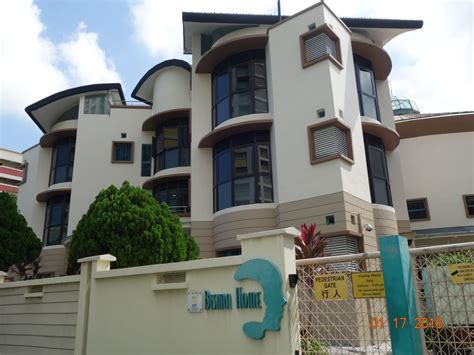Dengue, a mosquito-borne viral infection, is a serious global health concern affecting millions annually. Recognizing its symptoms is crucial for timely diagnosis and treatment. Here’s a comprehensive guide to help you determine if you may have dengue:

Key Symptoms
- High Fever (104-105°F): A sudden onset of high fever is a hallmark of dengue.
- Severe Headache: Intense, throbbing pain behind the eyes is common.
- Muscle and Joint Pain: Body aches and stiffness, particularly in the legs and back.
- Nausea and Vomiting: Frequent nausea, vomiting, and loss of appetite occur.
- Rash: A reddish rash typically appears 2-5 days after fever onset.
- Lymph Node Enlargement: Swollen lymph nodes in the neck, armpits, and groin.
- Bleeding: Easy bruising, nosebleeds, and bleeding gums may indicate severe dengue.
Additional Signs
- Abdominal Pain and Tenderness: Discomfort and pain in the upper abdomen.
- Diarrhea: Loose or watery stools, sometimes accompanied by blood.
- Fatigue and Weakness: Extreme fatigue and exhaustion are common symptoms.
- Dizziness and Confusion: Dizziness, headaches, and disorientation may occur.
- Skin Flushing: Flushed cheeks and palms are sometimes observed.
- Sore Throat: Mild sore throat or cough may accompany other symptoms.
- Eye Pain: Sensitivity to light and eye pain may occur.
- Seizures (in severe cases): Seizures can be a serious complication of dengue.
Severity Classification
The World Health Organization (WHO) classifies dengue into three levels of severity:
| Severity Level | Characteristics |
|---|---|
| Mild | Fever, headache, muscle pain, nausea |
| Moderate | Severe headache, muscle pain, bleeding, abdominal pain |
| Severe | Hemorrhagic dengue, organ damage, shock |
Risk Factors
Dengue is more likely to occur in areas with high mosquito populations and limited public health measures. Traveling to tropical and subtropical regions, living in crowded urban environments, and having a weakened immune system increase the risk of infection.
Complications
Untreated dengue can lead to severe complications such as:
- Dengue hemorrhagic fever (DHF)
- Dengue shock syndrome (DSS)
- Organ failure
- Bleeding disorders
- Encephalitis
Diagnosis and Treatment
Diagnosis of dengue requires a blood test to detect the virus. Treatment is primarily supportive, focusing on managing symptoms and preventing complications. Rest, fluids, and pain relievers are typically recommended. In severe cases, hospitalization and intensive care may be necessary.
Prevention
The best way to prevent dengue is to avoid mosquito bites:
- Use insect repellent with DEET, picaridin, or IR3535.
- Wear long-sleeved shirts and pants when outdoors.
- Install mosquito nets over beds.
- Eliminate breeding grounds by emptying standing water.
When to Seek Medical Attention
Seek immediate medical attention if you experience any of the following:
- High fever for more than 2 days
- Severe headache or muscle pain
- Bleeding or bruising
- Abdominal pain
- Vomiting
- Confusion
Conclusion
Dengue is a serious infection that can be life-threatening if not treated promptly. By recognizing the symptoms and signs of dengue, you can take immediate action to seek medical attention and reduce the risk of severe complications.











